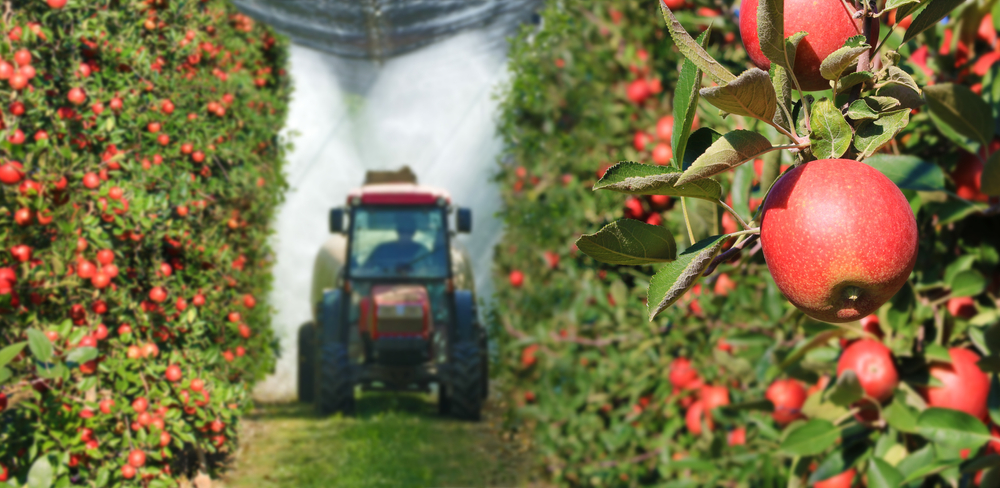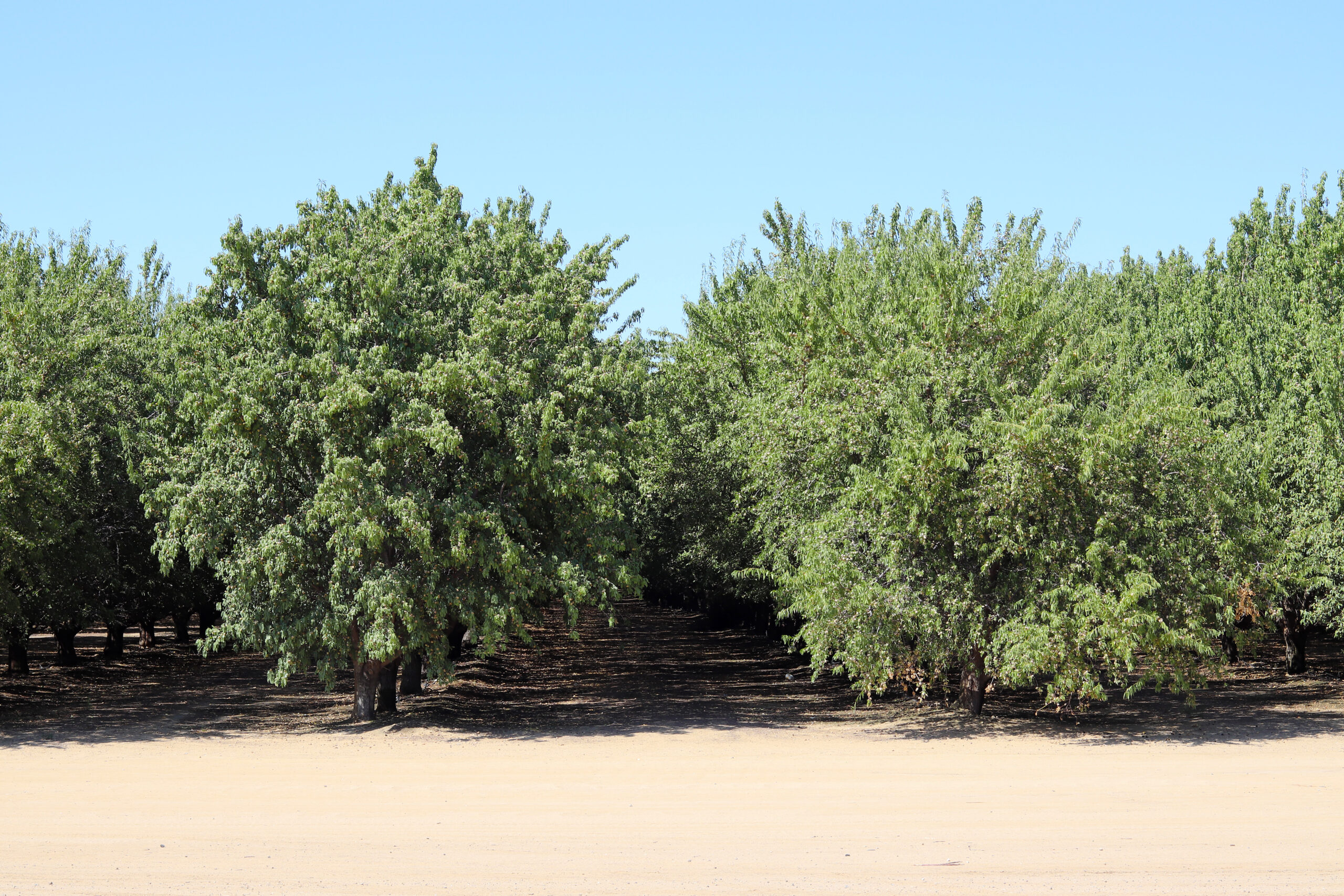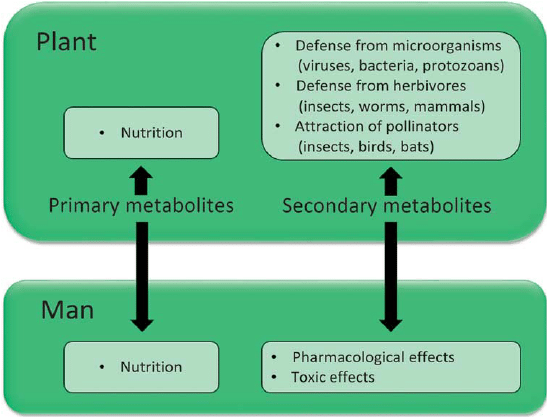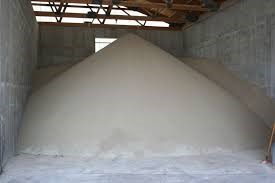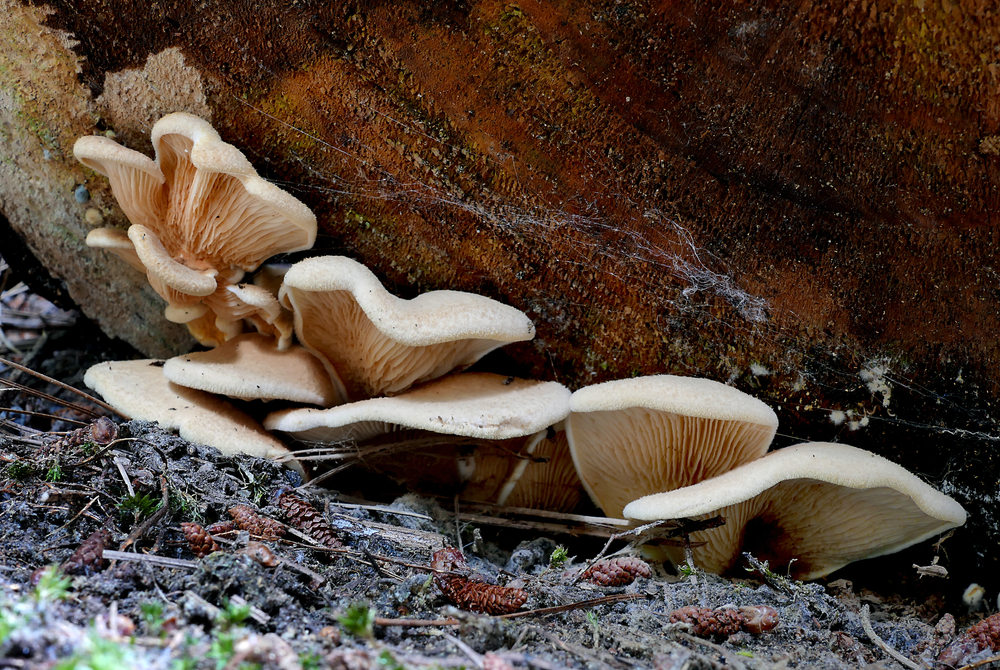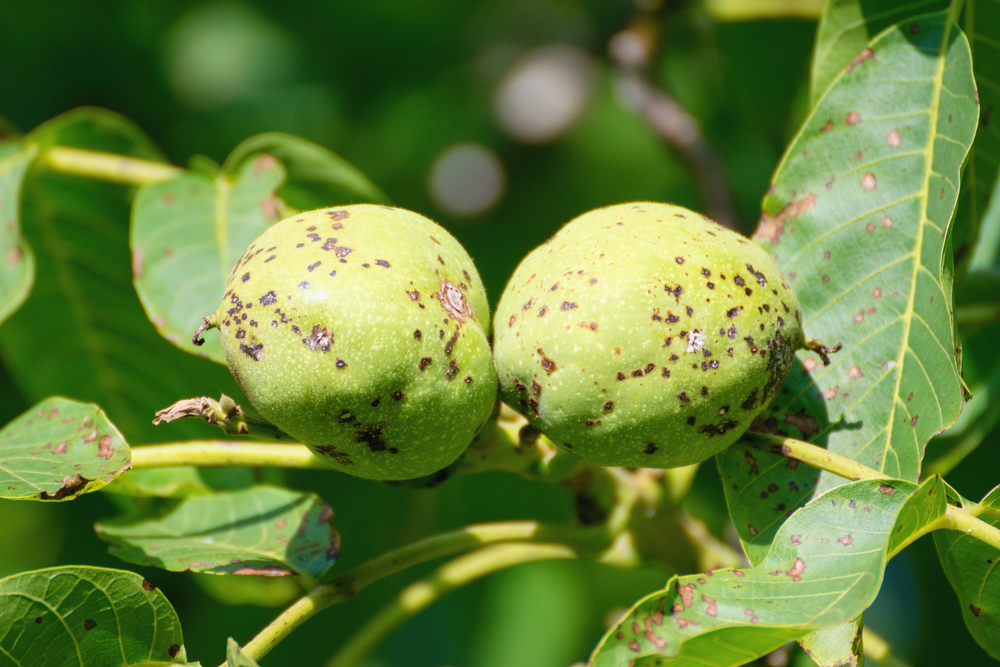Pesticides encompass herbicides, insecticides and fungicides. They’re chemical compounds designed to kill, each with their own targets and modes of action. As little as 0.1 percent of an applied pesticide interacts with its targeted weed or pest. The remainder contaminates the soil, air and water and can cause significant collateral damage throughout the ecosystem. Pesticides can undercut regenerative agriculture goals by harming soil communities and altering critical biochemical processes in the soil. By disrupting soil communities, pesticides can cause significant changes in the composition, diversity and basic functioning of important soil microflora.
